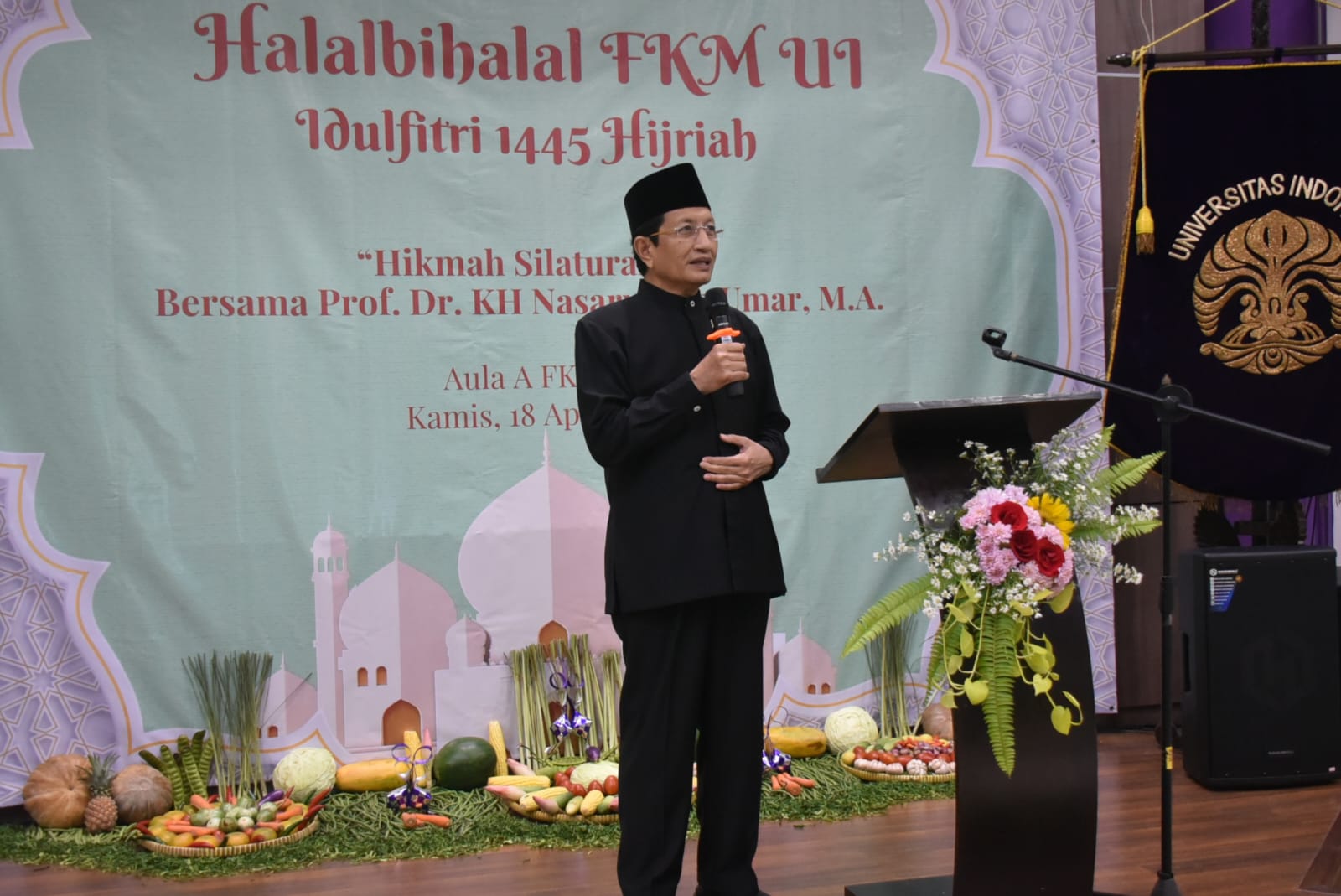The increase in fuel prices has become a national issue that has been widely discussed lately. Various responses emerged from the community, ranging from students, laborers, to business people. The reason is that an increase in fuel prices is considered to trigger price increases in other sectors, such as transportation, food and beverages, and various business units.

One of the economic researchers, Teguh Dartanto, Ph.D., who is also the dean of the Faculty of Economics of the Universitas Indonesia (FEB UI), discussed this phenomenon from various aspects, including the background of the fuel increase, the impact caused, and the handling strategy. According to Teguh, the Russia-Ukraine conflict has caused world oil prices to rise quite dramatically, to around 100 US dollars/barrel. This is due to the reduced supply of oil from Russia, resulting in higher world oil prices.
Indonesia, which is currently a net exporter of oil (rather than a net importer of oil), has to buy oil from abroad at world oil prices to fulfill its domestic needs, and then sell it at a government-set rupiah price.
The selling price of fuel set by the government is lower than the world buying price. This makes the state have to allocate a budget to subsidize fuel needs and bear the price difference. The subsidy provided by the government for fuel is quite large.
Over a five-year period, the government spent nearly Rp1,300 trillion on subsidies. In 2020, the government spent around Rp209 trillion on energy subsidies and Rp293 trillion on other compensation. This means that the total energy subsidy and compensation borne by the government that year was IDR 502 trillion.
However, instead of helping the poor, fuel subsidies are enjoyed by the middle and upper classes. Pertalite and Pertamax users are those who own vehicles. Cars are owned by the upper middle class, while motorcycles are owned by the lower middle class. This violates the concept or idea of subsidies because the state is supposed to cover subsidies for the poor. Therefore, the current subsidies are not well-targeted.
The government also changed the subsidy system from goods to people. Subventions that were originally given to BBM were transferred to direct assistance in the form of Direct Cash Assistance, the Family Hope Program, and the Smart Indonesia Card.
In addition, the government raised fuel prices because part of the State Budget is financed by state debt. Using the country’s debt for wasteful energy consumption is certainly not wise. Therefore, efforts are being made to keep the deficit figure below 3% of Gross Domestic Product (GDP) for the sustainability of healthier state finances.

Teguh sees three main sectors affected by the fuel increase, namely transportation, food and beverages, and Micro, Small and Medium Enterprises (MSMEs). In large industries, fuel needs have adjusted to world prices so that price increases have little impact. Meanwhile, in MSMEs, the entire process relies on fuel subsidies, so the fuel hike will impact transportation, logistics, food and beverage, and manufacturing and production units.
There are positive and negative impacts of the fuel price hike. The positive impact is that the country’s financial system will be better and more sustainable; encourage people to be more economical in consuming fuel; and reduce air pollution as an effort to maintain a healthier environment. In addition, it can encourage the birth of environmentally friendly industries and the New Renewable Energy (NRE) sector.
Meanwhile, the negative impact of the fuel hike was the increase in prices, resulting in lower purchasing power. According to Teguh, with the increase in fuel, the inflation rate will definitely increase but what needs to be done is how to make the inflation rate not excessive or controllable.
Fuel hikes usually increase inflation by 1.5-2%. Anticipation to overcome inflation can be done by providing compensation. Inflation will definitely increase poverty, but if various programs can be promoted appropriately, the impact of poverty can be minimized.
Theoretically, people with lower purchasing power should be lifted up so that welfare increases. The trick is to help them to have the same purchasing power as before.
“For example, when we have Rp10,000 we will get 10 for goods with a price of Rp100. If the price of an item rises to Rp200, we only get 5 items from the money. Therefore, in order to still get 10 items, we have to earn extra money. This is where financial assistance from the government comes in. This concept is known as compensating variation,” says Teguh.
Compensating variation is the additional amount of money required to restore an individual’s original level of utility if the price of the consumed good rises or is no longer available. This assumes that the prices and availability of all other goods are unchanged. The success or accuracy of compensating variation depends on several things, namely accurate recipient data (database), the right amount of compensation, and the timely provision of assistance.
Teguh predicts that the price increase will be felt in the next 3-4 months, so compensation must be given quickly for a minimum of three months with the amount of Rp100-150 thousand. In addition, the government must also provide protection to affected MSMEs.



